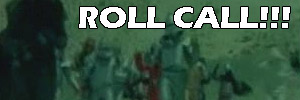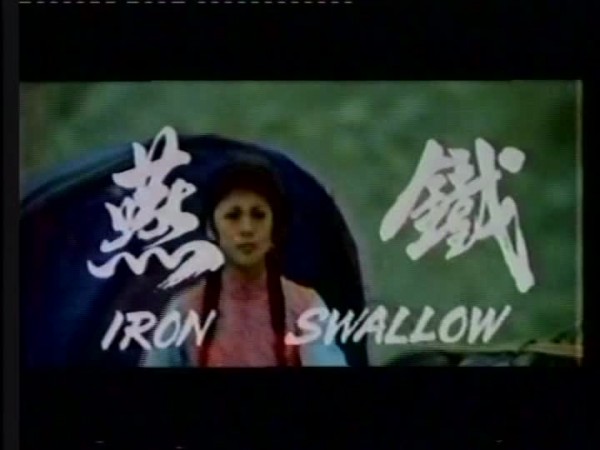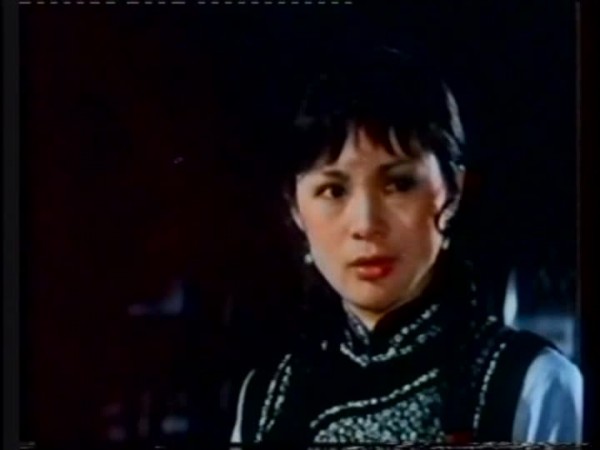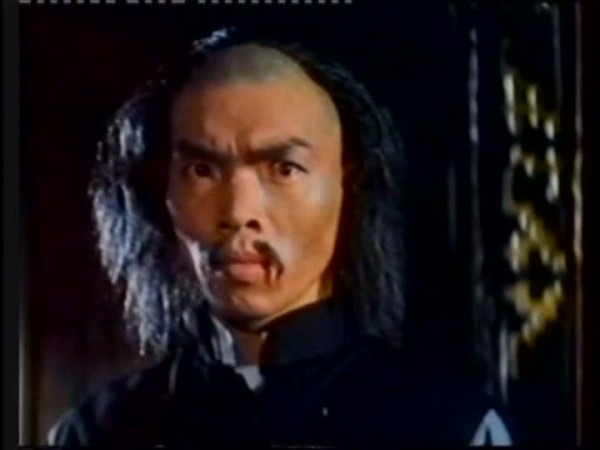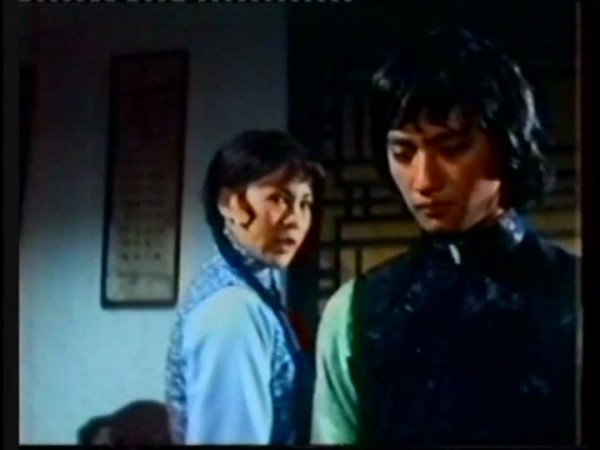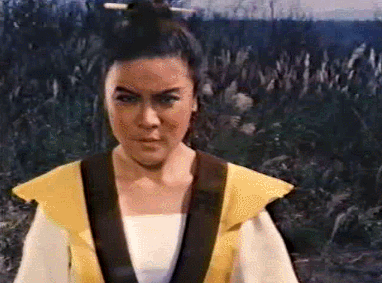Do you like swords? Do you like thrills? Do you like boutique Blu-Ray companies and freshly scanned 2K prints of obscure Taiwanese fantasy Snow White films filled with monsters and mayhem? Sure, we all do, but now you can get all those great flavors in one simple package with the Thrilling Bloody Sword Blu-Ray from Gold Ninja Video! I’ve seen the print, and it is freaking beautiful! Much much better than the blurry and washed out VHS and tv rips that are circulating around the web, ones that we ourselves used in our review of Thrilling Sword way back in the long long time ago. And how have I seen the print before the official release? Because I’m in the official release! Yes, Thrilling Sword has a commentary track with yours truly, Tars Tarkas, giving color commentary and interesting factoids along with Gold Ninja Video founder Justin Decloux! Somehow, I found time to get this done despite having a toddler running around demanding all my time, because this release is just awesome and Thrilling Sword/Thrilling Bloody Sword/神劍動山河 deserves a much wider audience! You got seven generals shrunk down to small size (sometimes they even have all seven actors in the scene, but usually not), a queen giving birth to a ball of flesh, a guy turned into a bear, Satan, giant monsters, frog men, definitely not Rodan, totally not King Ghidorah, unsafe flames, trippy visuals, a guy with a butt on his head, phantom limbs, and much much more! This is a movie that when you describe it to people, they don’t believe you! Now they can not believe you but in 2K! It’s a steal at only $20! Plus, you can always rag on me forever for whatever minor error I made in the commentary track! But I guarantee it is 99% correct.
Just look at the beauty of it!
ORDER IT TODAY! Limited to 800 copies!
NOTE: THIS IS A PRE-ORDER. BLU-RAYS WILL START SHIPPING ON NOVEMBER 22, 2021
A NEW 2K SCAN OF THE ONLY SURVIVING 35MM PRINT
DOUBLE NOTE: If you selected the Subscription Perk from the Gold Ninja Video Indiegogo campaign this will be included, so you don’t need to order it, and it will ship when it becomes available.
There’s nothing like THRILLING BLOODY SWORD, a head-spinning slice of Taiwanese psychotronic cinema that builds a fantasy action movie out of Snow White and the Seven Dwarfs, impossible fight scenes, and a cavalcade of monsters that include a cyclops, a pterodactyl and Satan himself!
A comet impregnates a queen. She gives birth to a fleshy egg. In disgust, the king tosses the egg in the river. Seven little people stumble onto the egg. They stab it with a knife and find a cute baby inside – who grows up to be a beautiful princess. One day, she runs into a prince fighting a multi-headed dragon, and of course, the two royals fall in love. Unfortunately, a group of dastardly wizards want to keep them apart, and they’ll use every creature at their disposal to do it!
Previously available in only a washed-out video transfer, Gold Ninja Video is proud to present this super colourful film in a new 2K Scan taken from the only-surviving 35mm print commissioned exclusively for this release.
In Mandarin with burnt-in English subtitles.
SPECIAL FEATURES
*Commentary Track by World Pop Cinema Scholar Tars Tarkas and Justin Decloux
*He Wrote Every Punch: The Career of Writer/Director Chang Hsin-Yi
*A Beginner’s Guide to Psychotronic Taiwanese Cinema
*Bonus Feature Film: Incredible Kung Fu Mission (1979)
I said to ORDER IT TODAY! Why are you still here? Get to buying, bub!











